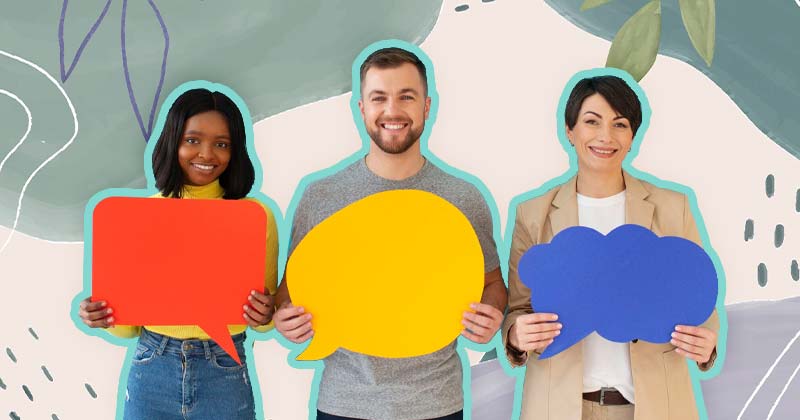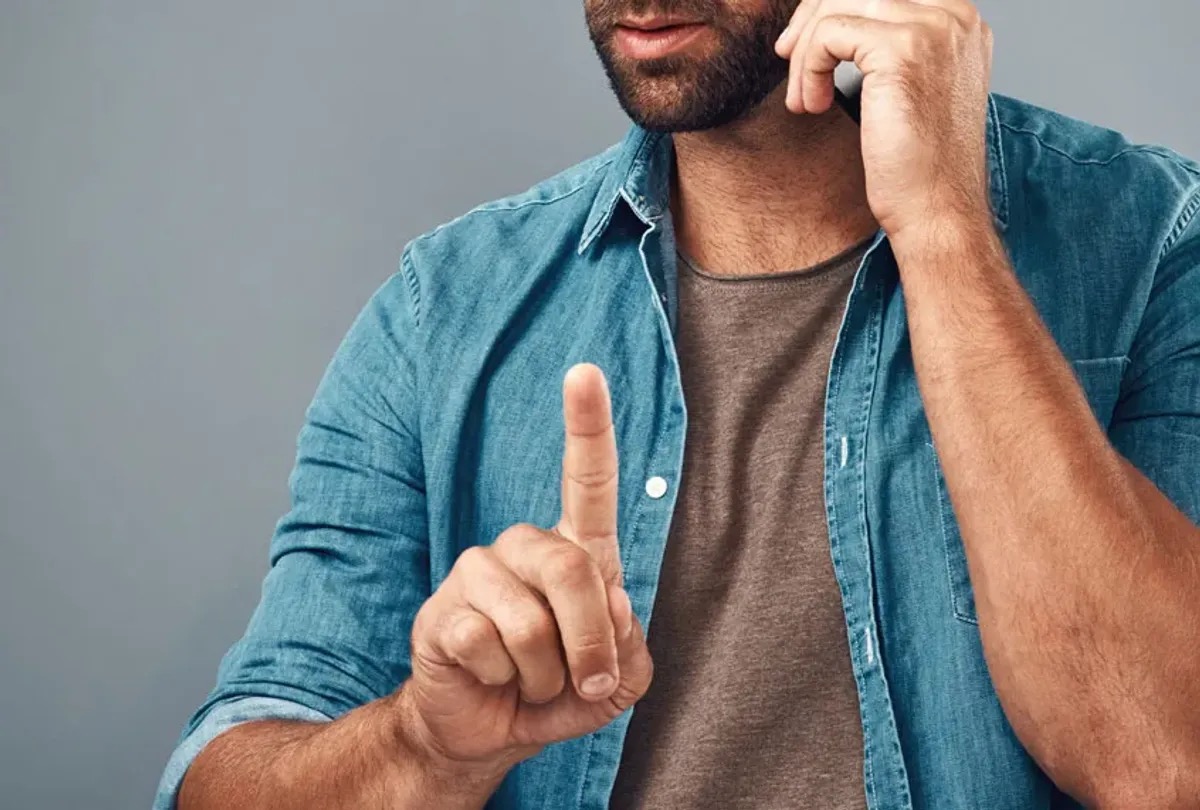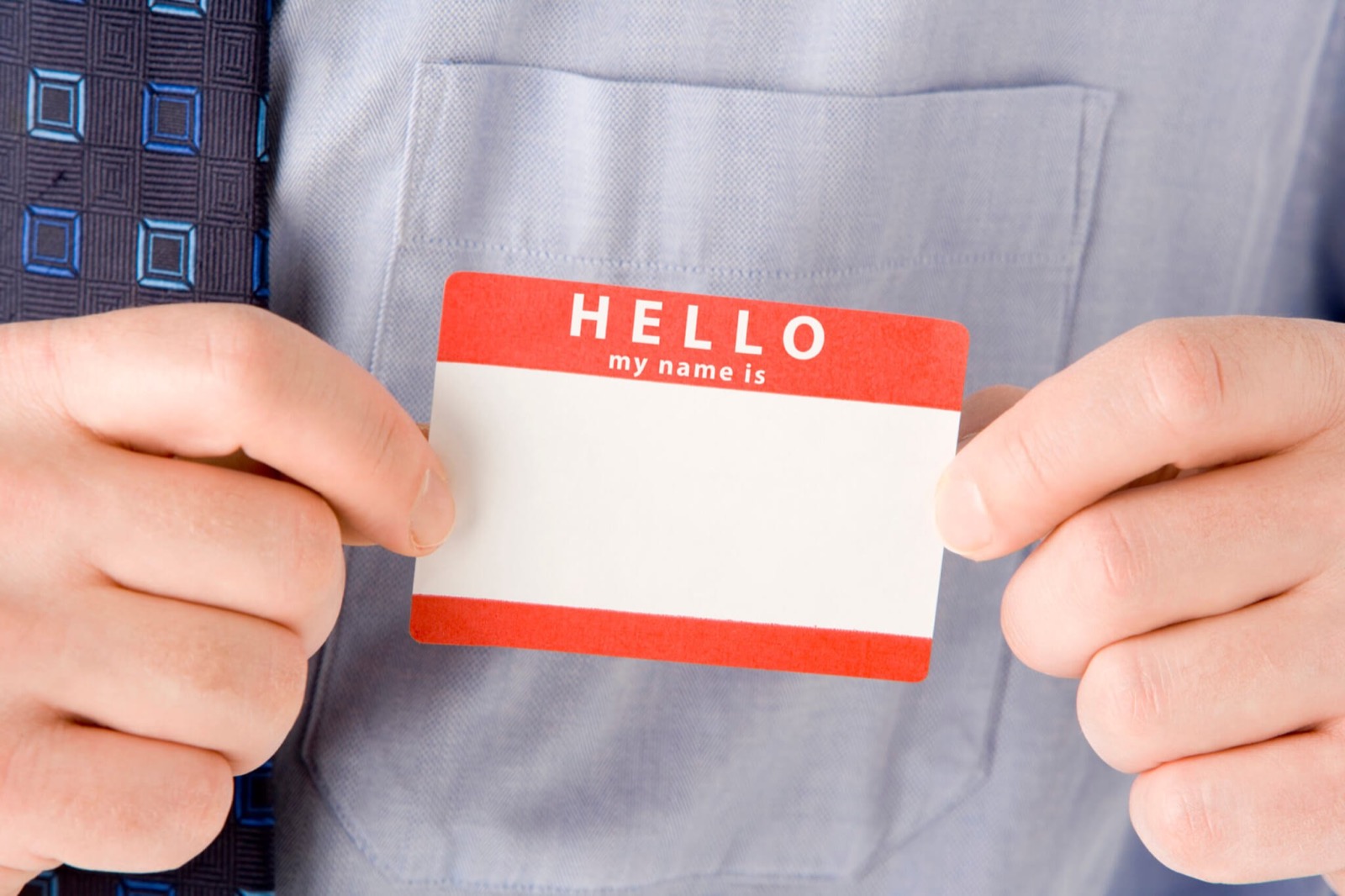
The Importance of Good Conversations
Conversations are the cornerstone of human interaction. They shape our relationships, influence our decisions, and help us navigate the complexities of everyday life. Whether it's a casual chitchat with a friend or a high-stakes negotiation in the boardroom, knowing how to make good conversation is key to success.
Are You Good at Making Conversation?
Are you ready to discover your conversational prowess and unlock the secrets to becoming a master communicator? Whether you're a social butterfly or someone who prefers the sidelines, this quiz is designed to help you understand and enhance your ability to engage in meaningful dialogue with others.
Why Take This Quiz?
Curious about your conversational skills? Wondering how you stack up against others? This quiz offers a fun and insightful way to assess your ability to make conversation. By answering a series of thought-provoking questions, you'll gain valuable insights into your strengths and areas for improvement.
- Discover how your communication style influences your interactions and learn valuable tips to enhance your conversational skills in various social and professional settings.
- By gaining insight into your conversational strengths and areas for improvement, this quiz can help you cultivate self-awareness and enhance your communication skills.
- Assessing your conversational abilities through this quiz can also shed light on your emotional intelligence, offering valuable insights into how effectively you navigate social interactions.
What to Expect
In this quiz, you'll encounter a variety of scenarios and questions designed to test your conversational savvy. From hypothetical situations to multiple-choice queries, each question offers a unique opportunity to explore different aspects of communication. So, grab a pen and paper, or simply sit back and relax as we dive into the world of conversation together.
How to Make Conversation
Before we begin, let's take a moment to discuss the fundamentals of making conversation. Whether you're an introvert, extrovert, or somewhere in between, these timeless tips can help you navigate social interactions with confidence and ease.
Active Listening
One of the most important skills in making conversation is active listening. This means giving the speaker your full attention, maintaining eye contact, and responding appropriately to what they're saying. By truly listening to others, you'll not only show respect and empathy but also gain valuable insights into their thoughts and feelings.
Asking Open-Ended Questions
Another essential aspect of effective communication is asking open-ended questions. Instead of simple yes-or-no inquiries, try to ask questions that encourage deeper reflection and discussion. This allows the conversation to flow naturally and provides opportunities for meaningful exchange.
Showing Genuine Interest
Authenticity is key when it comes to making conversation. Show genuine interest in the other person's thoughts, feelings, and experiences. Ask follow-up questions, offer supportive comments, and validate their perspectives. By demonstrating empathy and understanding, you'll create a positive and enriching dialogue.
Navigating Social Situations
Navigating social situations can sometimes feel daunting, but with a few simple strategies, you can feel more confident and at ease. Pay attention to nonverbal cues, such as body language and tone of voice, to gauge the other person's feelings and reactions. And remember, it's okay to take a step back or change the subject if a conversation feels uncomfortable or awkward.
In the end, making conversation is as much an art as it is a skill. It requires patience, practice, and a willingness to learn and grow. So, whether you're a seasoned conversationalist or just starting out, embrace the journey ahead with an open mind and a willingness to connect with others.
How Good Are You at Making Conversation?
Are you ready to put your conversational skills to the test? Let's dive in and discover just how good you are at making conversation. Remember, no matter your results, this quiz is just the beginning of your journey toward becoming a master communicator. So, let's get started and see what insights await!
Enjoy Quizly? Upgrade to Premium for an ad-free experience and exclusive features.
Get PremiumHow to Make Conversation Quiz Questions
What is a good way to keep a conversation going?

Talking without asking the other person anything.
Providing one-word answers.
Asking open-ended questions.
Sharing about yourself the whole time.
What does maintaining eye contact signal during a conversation?

Disinterest and boredom
Shyness and insecurity
Interest and engagement
Aggression and confrontation
How can you show empathy during a conversation?

Dominating the conversation with your own stories.
Avoiding eye contact to not pry into personal matters.
Changing the subject when the other person is upset.
Validating the other person's emotions and experiences.
Which of the following is an example of active listening?

Checking your phone while the other person is talking.
Nodding occasionally without paying attention to the conversation.
Repeating back what the other person said to confirm understanding.
Interrupting the speaker to share your own opinion.
What should you do if you accidentally interrupt someone during a conversation?

Blame the interruption on external factors.
Interrupt them again to make your point.
Apologize and encourage them to continue speaking.
Pretend like it didn't happen and change the subject.
How can you show genuine interest in someone's conversation?

Checking your watch or phone frequently.
Faking a smile without paying attention to what they're saying.
Changing the subject to something you're more interested in.
Asking follow-up questions and actively engaging with their responses.
What does mirroring body language mean?

Subtly mimicking the other person's gestures and posture.
Using exaggerated hand gestures that don't match the conversation.
Standing far away from the other person to avoid physical contact.
Fidgeting and avoiding eye contact.
What is paraphrasing in a conversation?

Summarizing the other person's points in your own words to show understanding.
Ignoring the other person's comments and changing the subject.
Interrupting the other person to insert your own opinion.
Repeating exactly what the other person said to show you're listening.
You're at a social gathering, and someone you've just met tells you they're nervous about being in large groups. How do you respond?

I used to feel that way too, but you'll get used to it eventually.
Oh, you'll be fine. Just jump in and start talking to people.
It's totally understandable to feel that way. Is there anything I can do to help you feel more comfortable?
Don't worry about it. Just relax and try to have a good time.
What is the purpose of small talk in a conversation?

To impress the other person with your knowledge.
To establish rapport and find common ground.
To dominate the conversation with personal anecdotes.
To delve immediately into deep, personal topics.
How can you show respect for someone's opinion during a conversation?

Dismissively ignoring their perspective.
Changing the subject to avoid the topic.
Interrupting them to assert your own opinion.
Acknowledging their viewpoint, even if you disagree.
What is the benefit of using humor in conversation?

To lighten the mood and create a sense of connection.
To distract from the topic at hand.
To belittle others and assert dominance.
To make oneself appear more intelligent.
How can you demonstrate active participation in a group conversation?

Showing leadership by monopolizing the conversation.
Bringing up unrelated topics to steer the conversation.
Contributing relevant thoughts and ideas.
Staying silent and avoiding eye contact.
What should you do if you accidentally forget someone's name during a conversation?

Pretend like you remember and hope they don't notice.
Make up a nickname for them instead.
Apologize and politely ask for their name again.
Avoid using their name altogether to prevent embarrassment.
What does it mean to 'read the room' in a conversation?

To make everyone focus solely on you and your interests.
To dominate the conversation with your own opinions.
To ignore social cues and carry on regardless.
To assess the mood and adjust your behavior accordingly.
How can you make someone feel valued in a conversation?

Dismissing their opinions as unimportant.
Checking your phone frequently while they're speaking.
Giving them your full attention and validating their contributions.
Interrupting them to share your own experiences.
What is the importance of body language in communication?

It should be exaggerated to make a stronger impression.
It can convey emotions and intentions nonverbally.
It has no impact on the effectiveness of communication.
It is only useful for dramatic gestures during public speaking.
What should you do if you accidentally offend someone during a conversation?

Avoid addressing the issue and change the subject.
Dismiss their feelings and assert that they're overreacting.
Apologize sincerely and clarify your intentions.
Blame the offense on the other person's sensitivity.
You're at a networking event and want to approach someone you've never met before. What is the best opening line to start a conversation?

Can I have your business card?
Do you come here often?
I'm an expert in [your field]. Let me tell you about my achievements.
Hi, my name is [Your Name]. What brings you to this event?
You're having a conversation with a coworker who seems upset about a recent project. How should you respond?

Ask open-ended questions to understand their perspective and offer support.
Change the subject to something more positive to cheer them up.
Start sharing your own complaints about the project.
Dismiss their concerns and reassure them that everything will be fine.
During a group discussion, you disagree with a colleague's proposal. How should you express your disagreement?

Agree with them to avoid conflict, then discuss your concerns privately later.
Ignore their proposal and present your own without acknowledging theirs.
Express your concerns respectfully and offer alternative solutions.
Raise your voice and insist that your idea is superior.
You're at a party and find yourself in a conversation with someone who keeps dominating the discussion. How can you steer the conversation to involve others?

Zone out and wait for the conversation to naturally come to an end.
Politely interject with a question directed at another person in the group.
Pretend to receive an urgent phone call and excuse yourself from the conversation.
Interrupt the person and assert your own opinions forcefully.
You're at a job interview, and the interviewer asks you about your weaknesses. Which response is the most appropriate?

I tend to procrastinate on tasks sometimes, but I always get them done eventually.
While I strive for perfection, I sometimes spend too much time refining details.
I don't really have any weaknesses that would affect my work.
My weakness is that I get too emotionally involved in projects.
How can you gracefully exit a conversation that you're no longer interested in?

Suddenly walking away without saying anything.
Politely excusing yourself and expressing appreciation for the conversation.
Making up an excuse to leave abruptly.
Ignoring the other person and pretending to be busy.







7 Comments
You got 24 out of 24!
Of course, because I understand and can respond “properly” to social cues, in social situations.
The poor neurodivergent people who don’t and can’t.😢
You got 23 out of 24! I thought I would get worse!
24/24!!!!!!! I didn’t know I was that good at conversation
Man.. I got 3/24〒_〒
22/24. I’m not good at making conversation and socialising as I have autism. The answers were really just common sense.
I know someone who claims common sense is insulting, because they don’t have it.
Le sigh.
Glad you got a good score!🥳👏
Cheers, Nazareth.